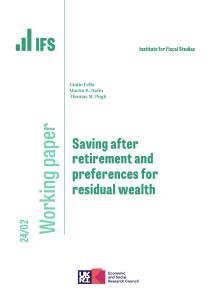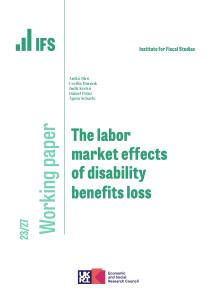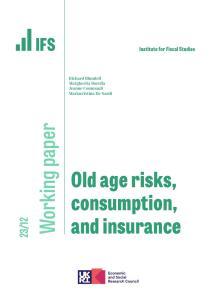We estimate the effect of pension reforms on households' expectations and wealth accumulation decisions. We rely on self-reported expectations to measure perceived social security benefits and to a series of pension reforms as a source of exogenous variations in pension wealth. Two parameters are crucial to estimate pension wealth: the age at which workers expect to retire and the ratio of pension benefits to pre-retirement income (the replacement rate). The Survey of Household Income and Wealth, a large representative sample of the Italian population, elicits these expectations from 1989 to 2000, a period spanning intense pension reforms. These reforms had different impact on different cohorts and employment groups, providing a quasi-experimental framework to study the effect of pension reforms on expectations and household saving. We find substantial offset between private wealth and perceived pension wealth. However, the Italian pension reforms of the 1990s had only limited impact on household saving rates, because people have not yet fully adjusted their expectations of future benefits








